ParentChild+ Adds Up to Success in the Classroom
Some children enter their first day of formal schooling wrought with trepidation, but not Taylor-Corrine Benton. That’s because Taylor’s mom, Marcella Taylor, enrolled her daughter in ParentChild+, an early learning program that helps toddlers and their parents prepare for school by developing learning and social skills well before day one.
Knowing what to expect, eager to get started and brimming with confidence, Taylor-Corrine erased the gap between “How it started” and “How it’s going,” and walked into her first preschool class like a boss.
“Oh my gosh, the first day she walked in and put her backpack into the little cubby without being told,” said Taylor about her daughter. “She understood what Circle Time was because we had a version of that as part of the ParentChild+ home program, where we would sit on the floor and talk together. She was like, ‘Where are my friends?’”
ParentChild+, a national early learning program for developing critical language and early literacy skills and fostering parent-child interaction, has been helping parents like Marcella and kids like Taylor-Corrine for more than 50 years. United Way of King County partners with ParentChild+, as we are united in the belief that when parents become their children’s first and best teachers, kids start school on a path to success.
The years before kindergarten are an incredibly crucial period of learning, yet nearly two out of three low-income kids in King County are behind their peers when they start kindergarten. The COVID-19 pandemic has only amplified this inequity, and the preparation gap can have enormous impacts on long-term learning. The ParentChild+ program closes the kindergarten preparation gap by supporting parents during the crucial early years of their kids’ development.
In 2019, seven ParentChild+ partner providers formed the Emerging Alliance of Communities of Color (EACC)—a group of providers serving primarily Black, immigrant, refugee and Muslim families. When the EACC received funding, they decided how to allocate and distribute funds for their early education work.
And the benefits are seen in children who are already familiar with classroom structure and instruction before they enter school.
One of the beautiful things about ParentChild+ is that it is a light touch, but very intensive at the same time.
Pamela Williams, Washington State Program Director for ParentChild+
“Our babies go to school having engaged with materials already in the classroom,” said Pamela Williams, Washington State Program Director for ParentChild+. “One of the beautiful things about ParentChild+ is that it is a light touch, but very intensive at the same time.”
Once a family is enrolled in ParentChild+ they and their 2- to 3-year-olds are matched with trained coaches, known as home visitors, of the same language and cultural backgrounds. Home visitors meet with families twice a week for 30 minutes a visit (during the pandemic, the visits became virtual). Kids also receive books and toys: In addition to traditional children’s books, such as the Hungry Caterpillar and Goodnight Moon, they receive books that align with their background. African American children, for example, receive books such as “Please, Baby, Please“ by Spike Lee and Tonya Lewis Lee.
Home visitors also model positive interaction and teach parents how to work with and advocate for their children. The two-year program runs from the beginning of the school year to the end.
“By the end of the first year you will have 23 new books and toys,” said Marcella. She enrolled Taylor-Corrine in the early 2000s as one of the first cohorts in Washington state. Now she is the Early Learning Coordinator for ParentChild+ in Washington state and Taylor-Corrine is enrolled at the University of Southern California.
Williams said that 35 percent of ParentChild+ Washington’s workforce are former participants in the program, a testament to the relationship building between parents and home visitors.
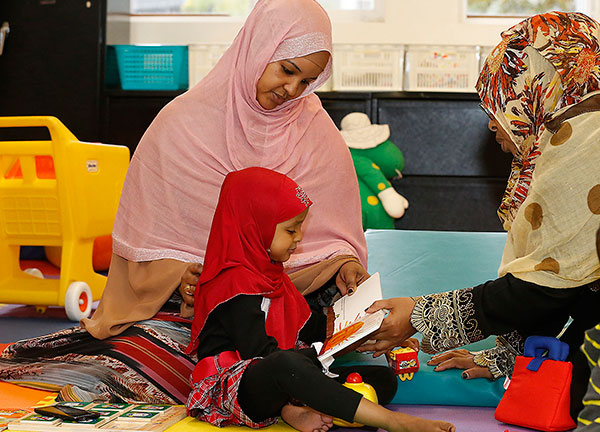
“Early on, sometimes parents might see us as the babysitter,” Williams said. “When the home visitor comes, they say, ‘I have a half hour to go cook a meal.’ And we say, ‘No, no, no – this is about parent-child, not home visitor-child.’”
“We watch that growth over time, and you see that child go to school and that parent, who is very aware of their child’s ability, is able to engage in a way that they know what their child can do,” Williams added. “They are able to speak up and advocate for their child.”
Williams lauded United Way’s commitment to ParentChild+, which she described as “beyond fundraising.”
“United Way is not just a funder, someone who says, ‘Here’s the money. Do your work and give me a report at the end,’” Williams said. “They are involved in checking in with agencies and how they can support. They are a forerunner in how to support organizations beyond giving money to implement a model.”

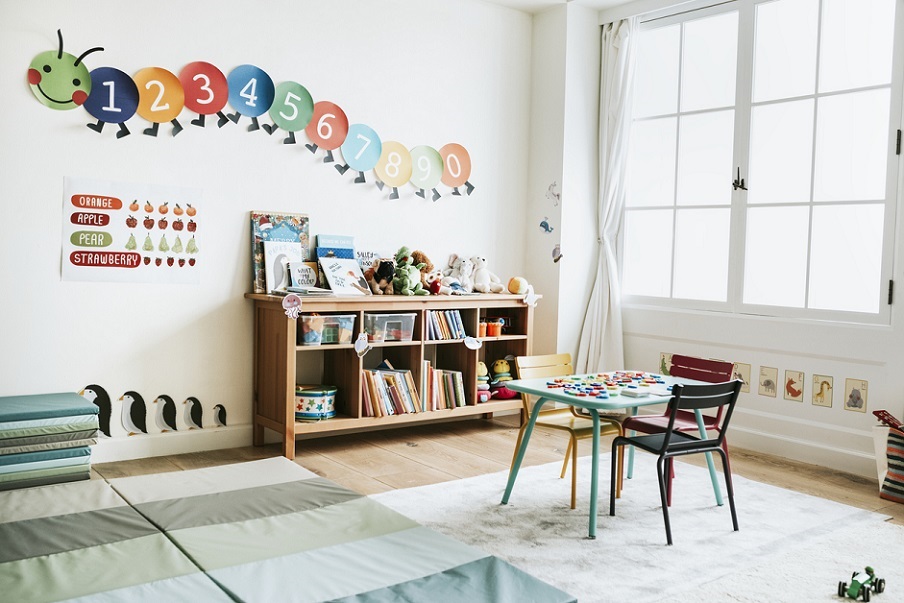
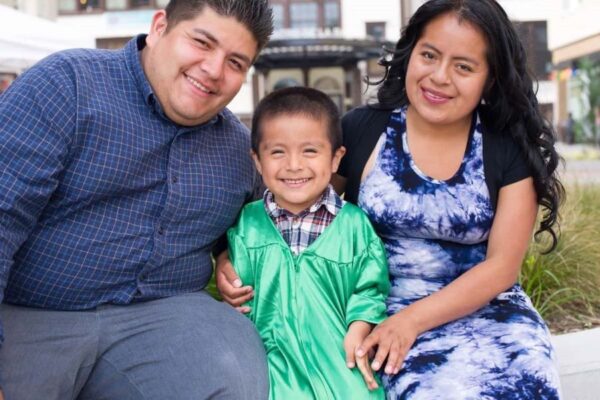
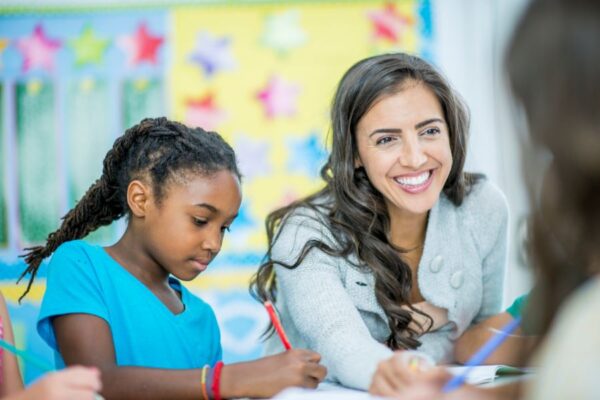
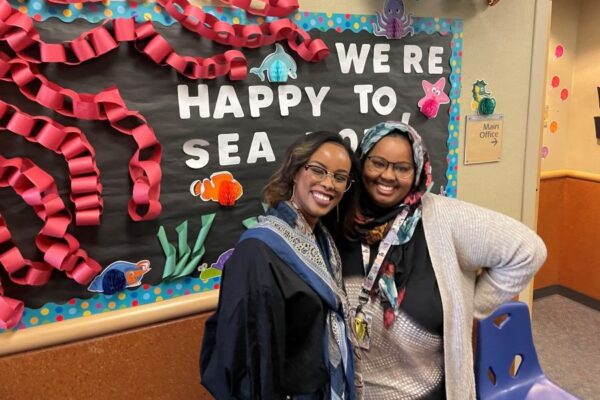
Comments